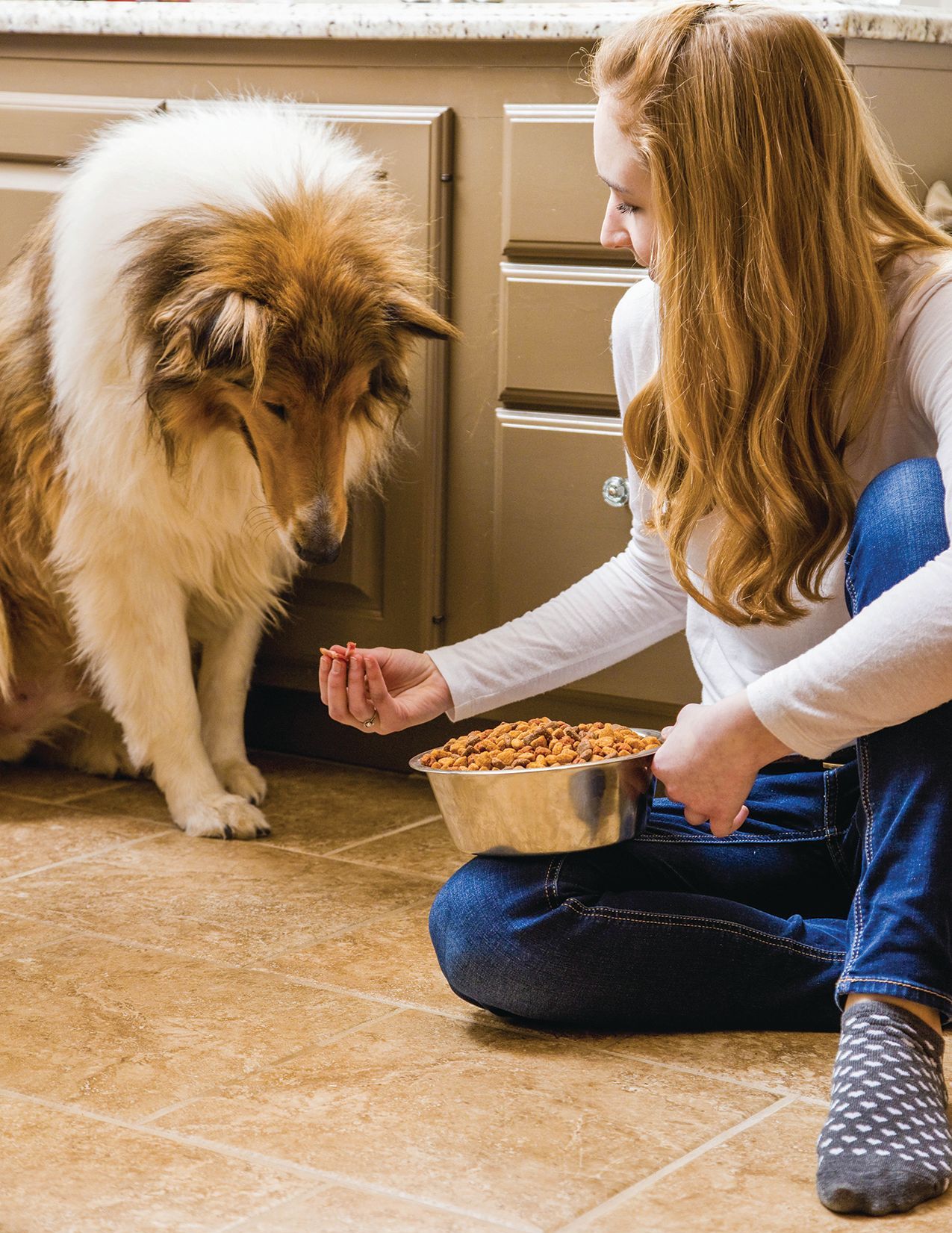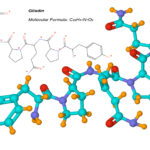Picky Pooches: Solutions for Finicky Eaters
The image of a dog devouring a bowl of food is a familiar one for dog owners. It’s easy to see dogs as indiscriminate eaters, and many breeds will happily inhale any and as much food as their owners set before them. However, many picky pooches will turn up their noses at even the most savory selections.
According to “The Old Farmer’s Almanac,” roughly 40 percent of American households have at least one dog. A survey by Kynetec, a global leader in market research for animal health and agriculture, found that 41 percent of Canadian households have at least one dog, and those numbers have increased by 7.6 million households since 2016. One component of pet ownership is providing quality sustenance. But what to do when your dog goes on a hunger strike?
Why dogs refuse to eat
Owners of dogs that consistently refuse to eat may wonder just what is going on in that canine brain. The American Kennel Club says various factors may be at play.
- Illness: Dogs may refuse to eat if they have a virus or do not feel well. A trip to the vet may be necessary. Similarly, medications can adversely affect appetite.
- Emotional changes: Refusal to eat may be a symptom of a major life change, such as a move, home renovation or the arrival of a baby.
- Food changes: Dogs like routine, and when their food formula changes they may not eat. This can occur if a vet or a health professional suggests changing a dog’s diet due to a health issue. Patience is necessary in such instances, as dogs may need some time before they acclimate to a new diet.
Handling picky eaters
Experts cannot agree on a single strategy to treat pups who are picky eaters. Pet parents can ask their vets and experiment. Here are some suggestions to try, courtesy of the pet food company Dawgie Bowl.
- Dogs do not crave variety; they live for consistency. Do not change the dog’s food frequently or because you feel they need a buffet.
- Exercise your dog more, as this can stimulate metabolism and appetite.
- Pick up food after a certain period of time, such as 20 minutes. The dog will learn to eat during that period or face waiting until the next feeding.
- Reward eating after the meal has been consumed so the dog associates eating with good attention. Do not provide any attention to sad, puppy dog eyes, and never yell at the dog for not eating.
- Dogs can go a few days without eating, particularly if the pooch is drinking water and showing no signs of illness. So don’t fret. A hungry, stubborn dog will eventually eat.
A picky nature is something pet owners must contend with at times. Patience can help get dogs back on a solid eating schedule.












